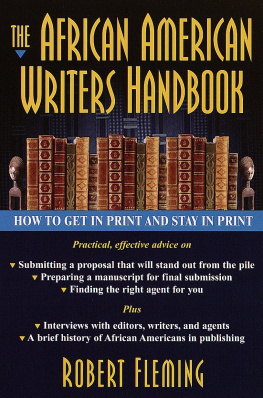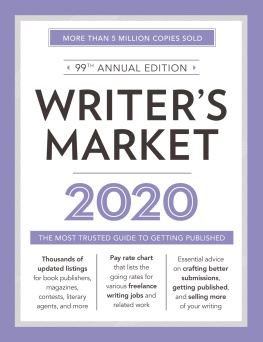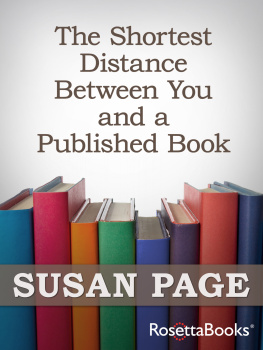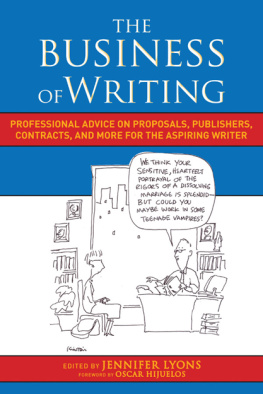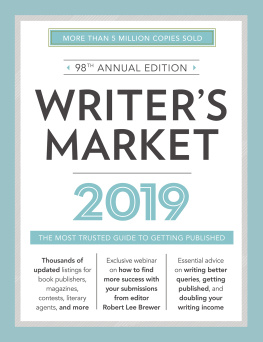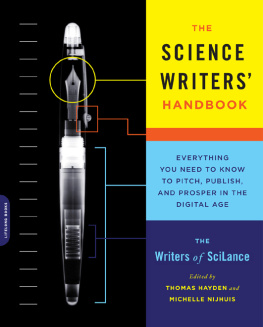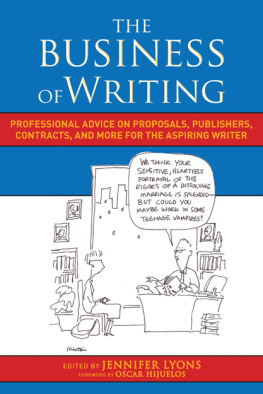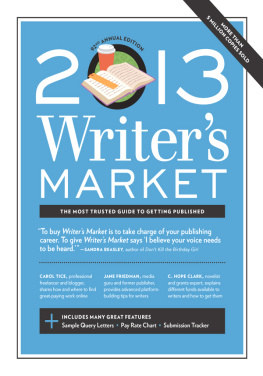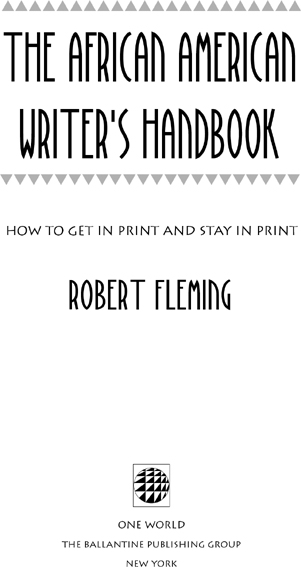I.
II.
III.
GEORGE S. SCHUYLER
JOHN O. KILLENS
JOHN A. WILLIAMS
IV.
V.
VI.
ACKNOWLEDGMENTS
There are always so many people to thank whenever one undertakes a project of this magnitude. I wish to acknowledge the following individuals for their special contributions to my work.
First, thanks to my longtime mentors and friends poet Russell Atkins, poet Norman Jordan, poet-artist Michael Harris, poet Anthony Fudge, and playwright Annetta Gomez-Jefferson for supporting me in finding my way as a writer in the early 1970s. To my friend Willard Jenkins, music critic aficionado extraordinare, much gratitude for your assistance in helping me land my first writing job at The Scene in Cleveland.
To my editor, Cheryl Woodruff, associate publisher of One World Books, for her invaluable editing and close supervision of this work, and her wonderful staff and associates: Allison Glismann, Gary Brozek, Nora Reichard, and Sheree Thomas. And to Linda Grey, former president of Ballantine Books, for green-lighting this project.
To my family, who have watched me develop from an apprentice of the Dark Art to a veteran practicing writer. A special thanks to my love and inspiration, Donna Hill, who continually astonishes me with each book. Finally, to my friends and advisers, Rosemarie Robotham, Charles Seaton, Marie Brown, David Jackson, Ishmael Reed, John A. Williams, Angela Harvey, Carlene Hatcher Polite, Nettie Jones, and the visionary herself, Gayl Jones.
INTRODUCTION
In the last decade of the twentieth century, African American writers made an indelible mark on the American book publishing industry, placing their works in newly significant numbers with mainstream book publishers. With the new millennium now in its infancy, this transformation shows every promise of continuing to astonish. Forget the grim pessimism of the past. Discard outmoded fears about those stubborn barriers of ignorance, neglect and apathy, maintained through default by publishers who barely squinted in the direction of black books, often conveniently consigning them to an indifferent afterthought.
African American writers have arrived, proudly elbowing our way onto center stage of the national culture, and our creations are big business! The American publishing industry now acknowledges that there is a sizable black readership hungry for words and images by and about themselvesan ever-growing audience eager to support their authors as they meet that need with an increasingly commercial and literary output. As Cheryl D. Woodruff, associate publisher of One World, commented, The African American market has exploded in the last six years and taken a quantum leap from relative infancy to surprising maturity. Averaging sales of more than 40 million dollars per quarter (more than 160 million per year), it is widely regarded as one of the fastest growing segments of the book-buying market. According to a recent Gallup survey, the African American market, 9.9 million readers strong, who purchase 39.7 million books in any given quarter, breaks down this way57 percent of African American book buyers are women, 49 percent are college educated, and 35 percent are under the age of thirty-five. These readers are slightly younger and better educated than the population as a whole. In recent years the competition to serve this readership gold mine has heated up to an all-time high as auctions for top reprint and original authors have skyrocketed.
Today, national bestseller lists continually show a strong representation of black authors. Writing in every genre, they are surprising and challenging readers and reviewers through their imagination, craft, and applied knowledge.
How are these writers doing it? Whom do they know in the business to get these opportunities? Is there a secret formula for getting published? It seems everybody wants to be a writer living the glamorous life at the start of the twenty-first century, but there are precious few guidebooks tailored specially for the African American novice wishing to get his or her work into print. Getting published requires more than mere luck, a knack for the clever phrase, or generous relatives in high places. Writing well will satisfy the artistic and creative part of you, but placing that work with an established publisher and seeing the final product on the bookshelf will provide you with a golden opportunity to offer your particular vision to the world while paying the bills.
This book is the first of a new wave of reference guides targeting the black reader and writer in the rapidly morphing cyber-world of American publishing. Unlike anything currently to be found on the bookshelves, it is a how-to primer with a hint of soul. It offers the straight facts about how to get your work into print. For the African American writer, both novice and professional, this is an informative source to stack on top of your copies of Bowker's Literary Market Place (LMP), the Poets & Writers guides, and the Writer's Digest reference volumes.
The core value of The African American Writer's Handbook is its demystification of the publishing world for the African American writer, reader, or anyone else considering or aspiring to a career in the industry. Books do not materialize through a mere gesture of Merlin's wrinkled hand in a mist of blue smoke. The young writer, or the novice of any age, full of ambition and dreams, must understand that a well-written, well-presented bookthe finished productis the result of countless hours of hard workthe writer's work, of course, but also that of collaborators, most of whom the author may never meet.
Once upon a time, getting published meant just delivering your work into the hands of an editor, by whatever means possible. But in an era of superagents, megadeals and blockbusters, the time-honored dream of that gem of a manuscript, unaccountably shining forth from the publisher's slush pile and illuminating the desk of its fortunate finder, remains among the rarest of modern-day miracles in the realm of real-life publishing.
Ask any popular African American novelist what is the most commonly asked question on his or her book tours and the reply will be: Just how does somebody get published these days? Unfortunately, competition for publication has soared as the number of writers has risen. And that number continues to increase. Countless manuscripts submitted by aspiring authors are rejected, returned to the sender for a lack of originality, poor grammar, and lackluster story lines. However, good writing will ultimately find a home with a publisher. Don't despair. In the succinct, commonsense opinion of John O. Killens, author of the novels

